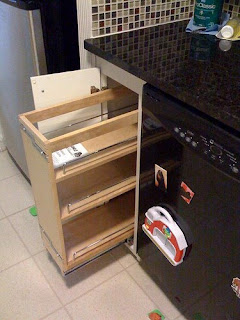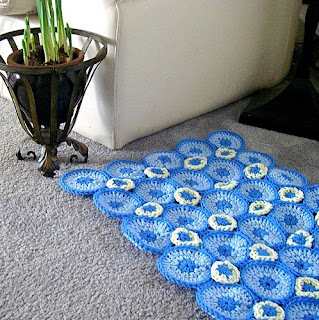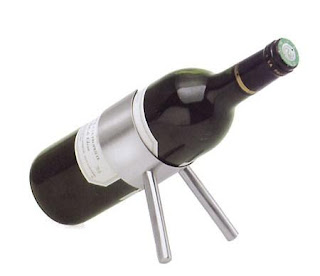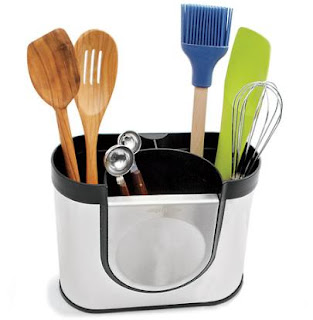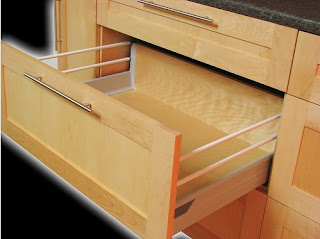
What ever you deorate your kitchen, the safety issue of the kitchen must be considered, especially to the young child. Kitchen is a complicated room with fire, gas, water, electricity etc. So when you decorate the kitchen, you must be care of some detail and protect your children.
Although it's always a good idea to latch drawers and cabinets, the products kept in a kitchen—oven cleaner, cleanser, ammonia, carpet cleaner, flea powder, window washing fluid, dish and dishwasher detergent, soap, vitamins, matches, knives, and other sharp implements—require particular caution. When childproofing the kitchen, it is smart to consider re-organizing the cabinets in unexpected ways, such as putting household cleaners that one would normally store under the sink in cabinets up high.
Some kitchens have doors that lead out of the house, and some only have internal doors. In either case, gating the doors may be an important choice to protect a child from parts of the kitchen that cannot be made completely safe, like the oven. Sometimes childproofing the kitchen means restricting access altogether.
There is one element that is particular to a kitchen sink: If there is a garbage disposal installed, it should have a protective cover to keep children from encountering the blades. Look for models that are made to run only with the cover on, thus preventing the possibility of accidents.
Close your trash compactor and dishwasher when not in use. Dishwasher detergent could be toxic if your child eats it, so don't put any into the dishwasher until you're ready to run it.
Most households keep electrical appliances like toasters and electric kettles in the open. If you do so, then make sure they are out of your child's reach when they are hot. And even when they aren't hot, detach their cords and also secure nearby electrical outlets.





